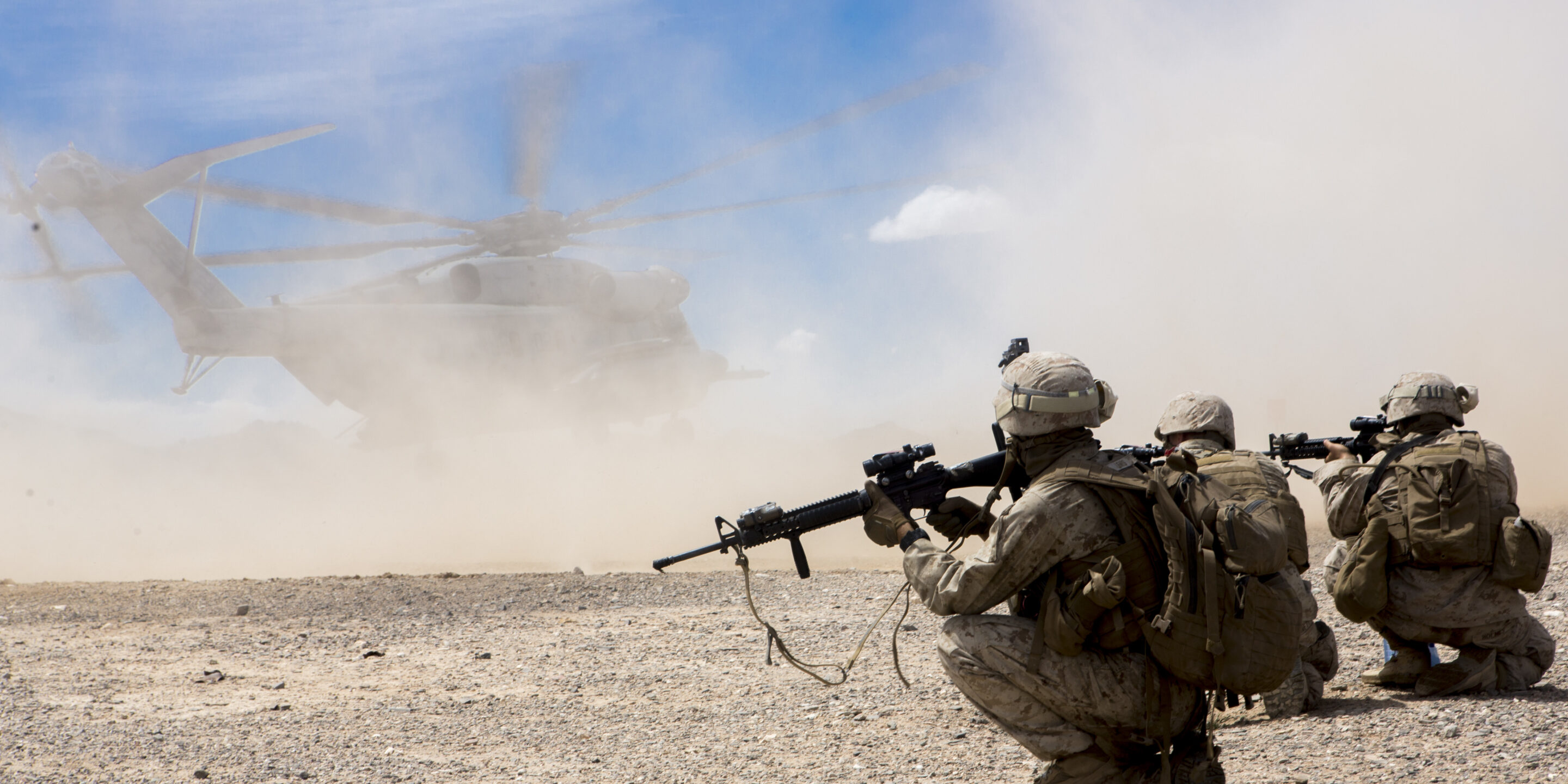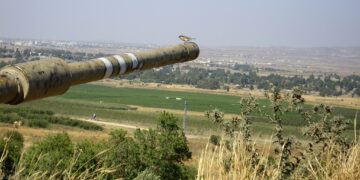
The subject of finally concluding America’s counter-ISIS mission in Iraq has been the plot of ongoing deliberations between Washington and Baghdad for the last three years. Monday’s White House meeting between President Joe Biden and Iraqi Prime Minister Mohammed Shia al-Sudani must be the moment that the story is finally brought to a conclusion. Iran’s attack on Israel this weekend only strengthens the case.
Withdrawing the roughly 2,500 U.S. troops that remain in Iraq to combat ISIS, which has been relegated to a low-level insurgency with a dwindling support base is a testy subject in Washington and Baghdad alike. In Iraq, Sudani is under pressure from his ruling Shia-led coalition to cut military ties with the U.S., which is still seen as an occupying power, or at the very least reorient the bilateral relationship from dependency to normality. Sudani has reportedly expressed his desire to keep U.S. forces in the country for the foreseeable future to ensure ISIS doesn’t resurge, a request his hardline coalition partners will be hard-pressed to support.
At the same time, a troop withdrawal is generally viewed warily in the U.S. foreign policy establishment, particularly if it’s based on a timetable rather than conditions on the ground. As the U.S. ambassador in Iraq said last month, “In the past we have left quickly only to come back, or only to need to continue, so this time I would argue we need to do this in an orderly fashion.”
Understandably, the U.S. is looking for an optimal scenario before pulling the plug on the U.S. troop presence. But back in the real world, optimal scenarios are few and far between. If the Biden administration’s approach is to wait for the perfect time to get out, then it will wait for eternity.
More on Middle East
Featuring Jennifer Kavanagh
August 28, 2025
Events on Middle East








